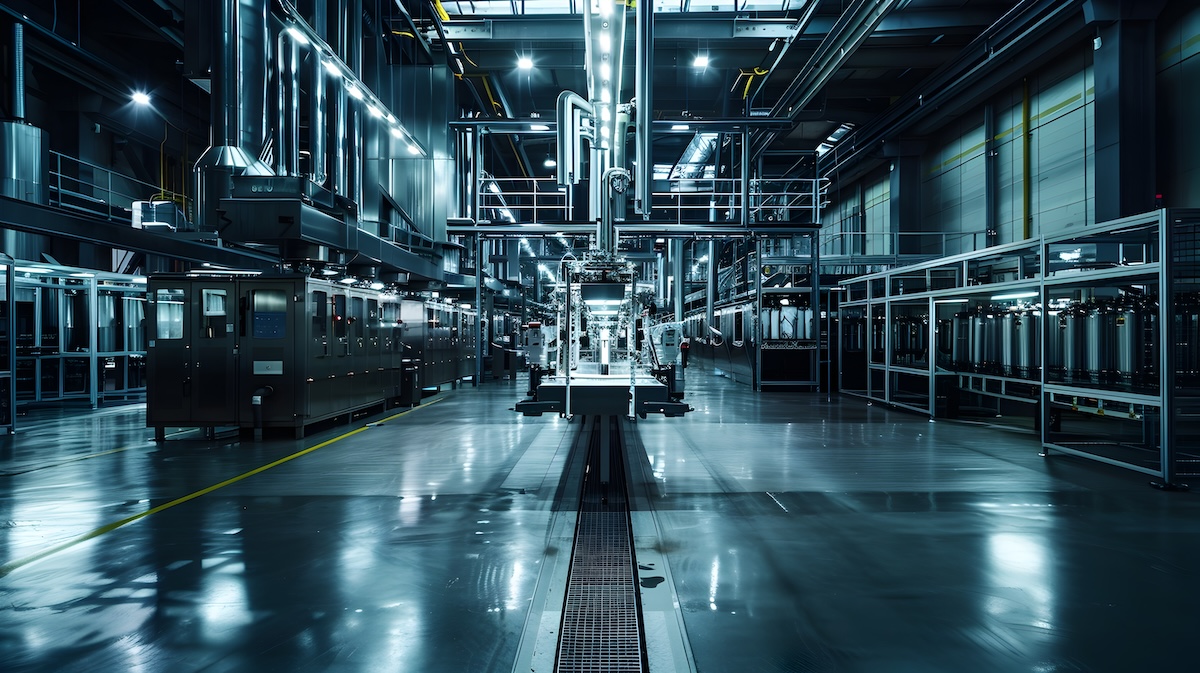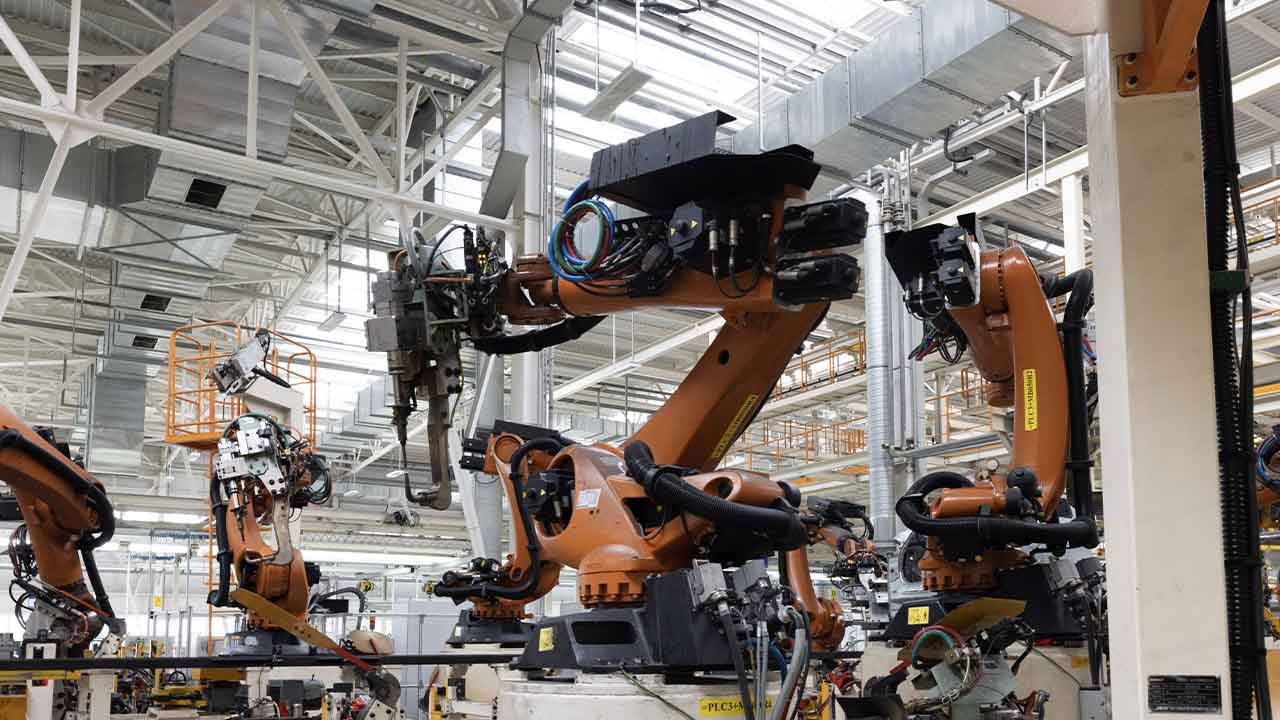Top Trends Shaping the Manufacturing Sector in 2025: Insights from Randy Carr, CEO of World Emblem
Randy Carr, President and CEO of World Emblem, the world’s largest emblem and patch manufacturer serving industry giants like Cintas, Vestis (formerly Aramark), Levi’s, New Era, and Perry Ellis, anticipates three key trends that will define manufacturing in 2025:
- Nearshoring Will Become Essential
In 2025, nearshoring will be a primary strategy for midsize manufacturers aiming for faster turnaround times, better quality control, and cost savings. Recent port strikes highlight the need for localized production to lessen reliance on distant, often disrupted supply chains. Nearshoring will improve production agility and strengthen supply chain resilience for U.S. companies, significantly reducing lead times and transportation costs.
By moving production to nearby locations like Mexico, businesses can save on transport costs, shorten lead times, and gain greater oversight of manufacturing. According to Morgan Stanley Research, nearshoring may also spur growth in Mexican manufacturing exports to the U.S., projected to rise from $455 billion today to an estimated $609 billion over the next five years.
- AI Will Drive Customization and Efficiency
AI-driven customization is the next major innovation, and it is set to reshape the manufacturing sector in 2025 dramatically. Companies that fail to adopt this technology may struggle to compete. With customers increasingly seeking personalized, high-quality products, AI enables manufacturers to meet this demand efficiently and at scale. Carr predicts that over 70% of emblem orders in 2025 will be customized with AI, which will streamline both design and production processes to keep up with these requirements.
Beyond customization, AI will enhance predictive maintenance, quality control, and inventory forecasting, optimizing the entire manufacturing flow. Manufacturers that integrate AI will see reduced waste, cost savings, and improved customer satisfaction—key competitive factors in a market that demands customization and quick turnaround times.
- Sustainability Will Shift from a Buzzword to a Core Business Requirement
In 2025, sustainability will become a fundamental expectation from customers and regulators alike. Companies will face more mandates for eco-friendly materials and waste reduction, especially in sectors with large-scale production. Adopting sustainable practices will no longer be a choice; it will be necessary to stay competitive. By implementing energy-efficient processes, recycling materials, and minimizing waste, companies will reduce their environmental impact and future-proof their business.
Join Randy’s session at IIoT World Manufacturing & Supply Chain Day to learn more and ask your questions. The event will take place online on Dec 4, 2024. Get your free ticket here by November 27th.



